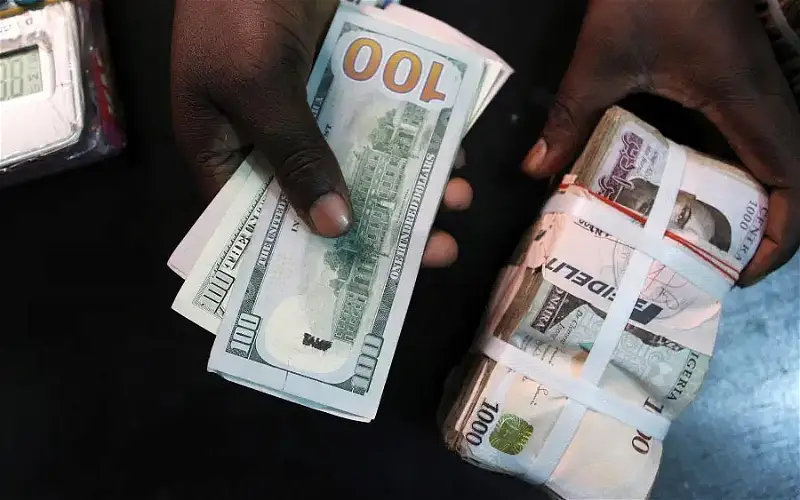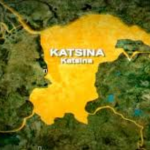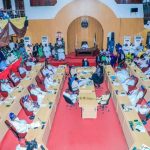Nigeria’s financial markets suffered a jolt on Monday as both the naira and equities took a hit following a fiery statement by United States President Donald Trump, who threatened possible military action against Nigeria over alleged religious persecution.
Data from the Central Bank of Nigeria (CBN) revealed that the naira, which had recently peaked at ₦1,421.73 per dollar, depreciated to ₦1,436.34/$ — losing ₦14.61 in a single session. At the parallel market, the currency further weakened to ₦1,455/$, as investors scrambled for dollars amid growing uncertainty.
The shockwave followed Trump’s post on his Truth Social platform, where he labelled Nigeria “a country of particular concern” and ordered the US Department of War to prepare for “possible action” if what he described as “Christian genocide” continued. His remarks, laden with geopolitical undertones, sent tremors through financial markets and raised fears about Nigeria’s diplomatic and economic stability.
At the Nigerian Exchange Limited (NGX), bearish sentiment resurfaced as the All-Share Index dipped by 0.25 per cent to close at 153,739.11 points, dragging market capitalisation down by ₦245.88 billion to ₦97.58 trillion. The market’s year-to-date gain narrowed to 49.37 per cent.
Selloffs in Aradel Holdings (-9.21 per cent) and Access Corporation (-3.07 per cent) drove the decline, with investor sentiment remaining fragile — 38 stocks declined while 19 managed gains. Union Dicon emerged the day’s top gainer (+9.93 per cent), while Honeywell Flour Mills led the losers’ chart (-10.00 per cent).
Trading activity waned drastically, as total volume and value traded fell by 87.94 per cent and 44.64 per cent, respectively. United Bank for Africa (UBA) dominated trade, accounting for 136.8 million shares valued at ₦5.5 billion.
Across sectors, performance was mixed. Oil and Gas (-3.94 per cent), Commodities (-1.85 per cent), Insurance (-1.48 per cent), and Banking (-0.22 per cent) all suffered losses, while the Consumer Goods Index managed a marginal 0.49 per cent uptick. The Industrial sector, however, remained unchanged.
In the bond market, Cowry Assets Management reported that investor appetite for Nigeria’s Eurobonds weakened, with average yields rising by five basis points to 7.70 per cent. The firm attributed the slide to heightened global risk aversion and mounting geopolitical tensions.
Bloomberg also reported that Nigeria’s dollar-denominated bonds were the worst performers among emerging markets on Monday, with the 2047 note falling 0.6 cents on the dollar to 88.26 cents before trimming some losses later in the day.
Despite the gloomy outlook, some analysts believe the panic may be short-lived. Tilewa Adebajo, Chief Executive Officer of CFG Advisory, described the market reaction as “a temporary setback.”
“This appears to be a momentary blip,” Adebajo said. “Nigeria’s fundamentals remain strong, especially with the country’s recent removal from the FATF Grey List. The long-term outlook is still positive if policy consistency is maintained.”
However, Dr Musa Yusuf, Chief Executive of the Centre for the Promotion of Private Enterprise (CPPE), warned that Trump’s statement could have severe implications for investor confidence.
“The US President’s threat of military intervention in Nigeria is not only unwarranted but also economically destabilising,” Yusuf stated. “It sends unsettling signals to investors and worsens Nigeria’s risk perception. Engagements between nations must be built on cooperation, not coercion.”
He further cautioned that any unilateral military action could jeopardise regional peace and worsen humanitarian conditions, stressing that Nigeria must respond through diplomacy, dialogue, and mutual respect for sovereignty.








